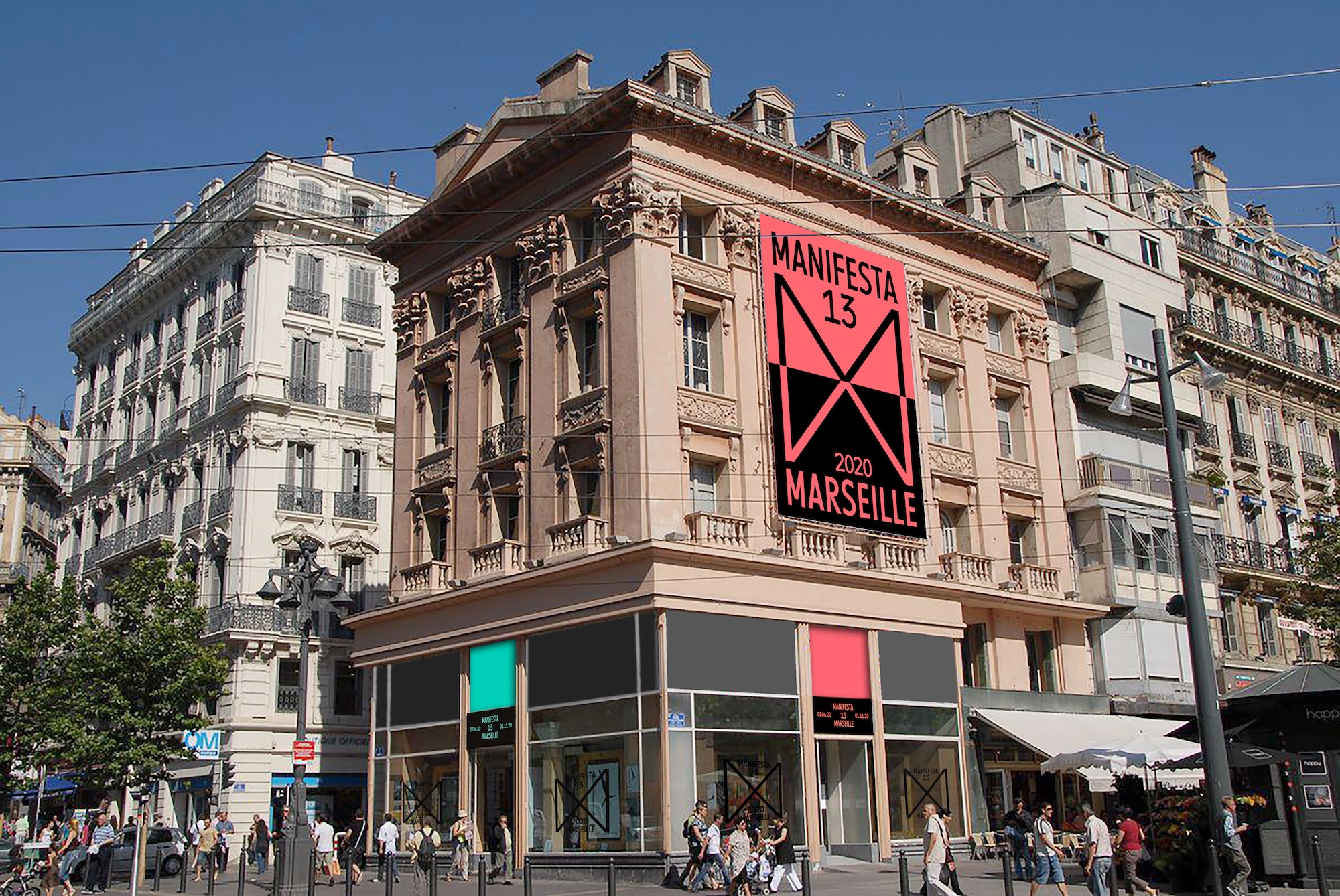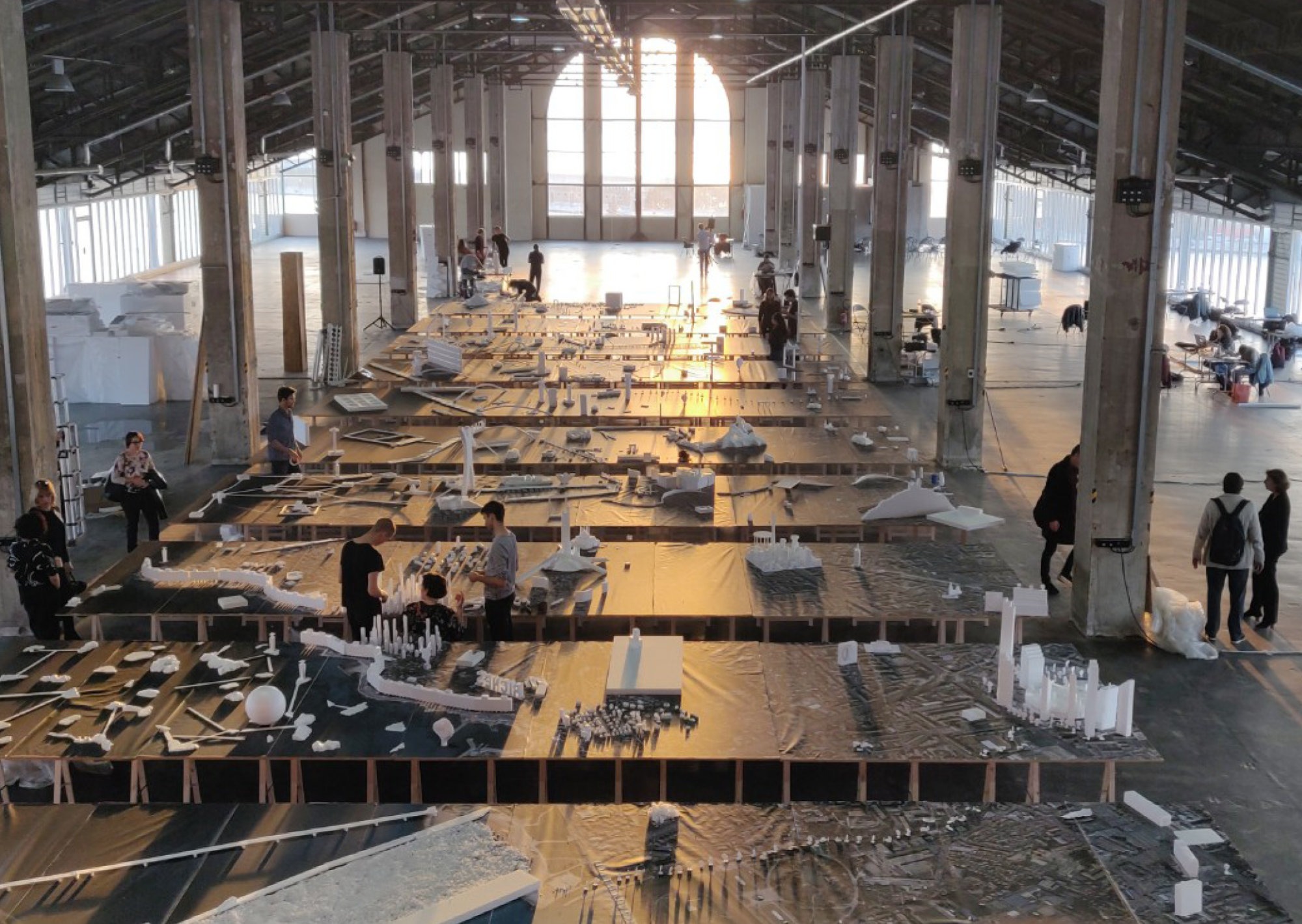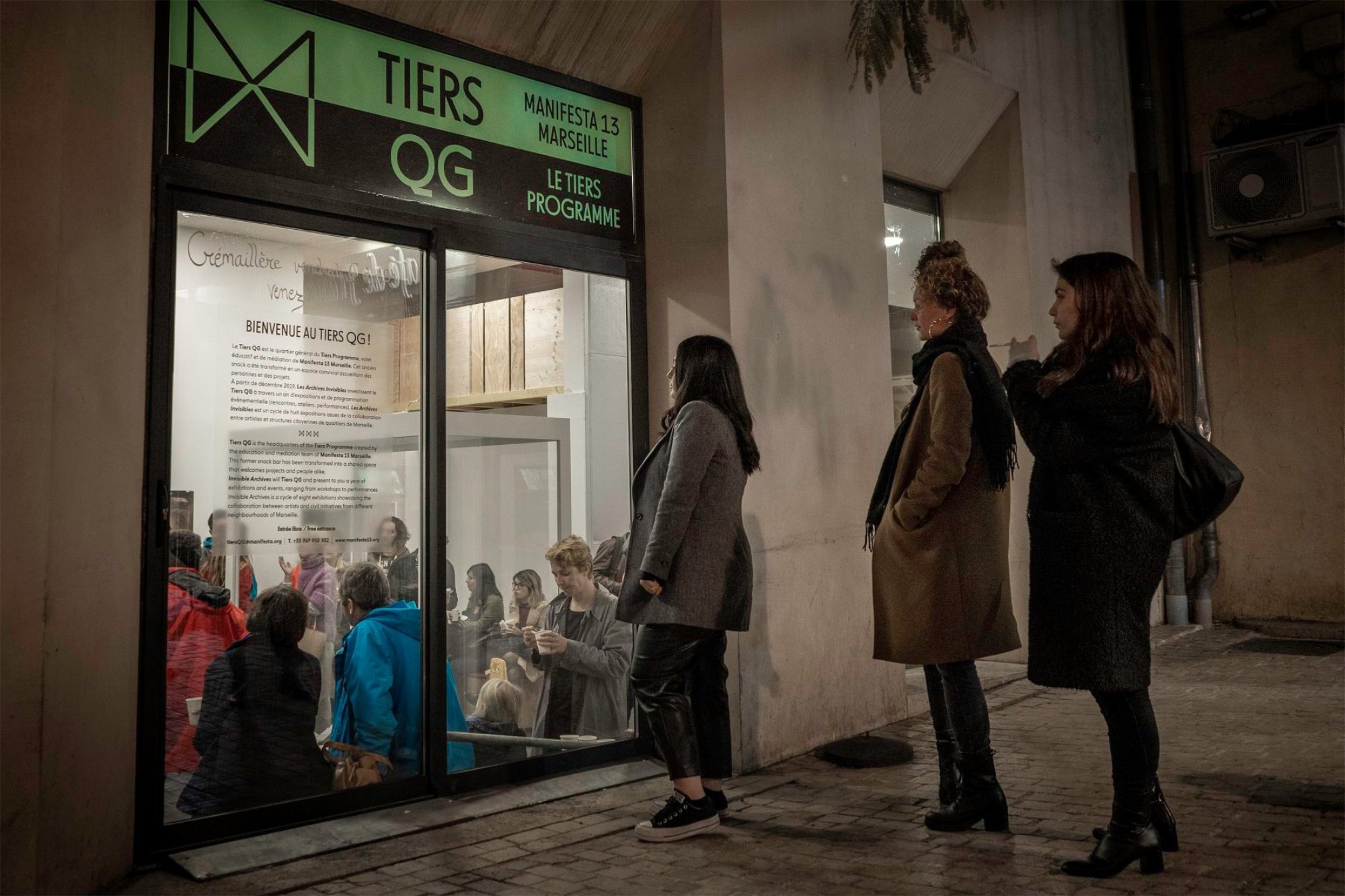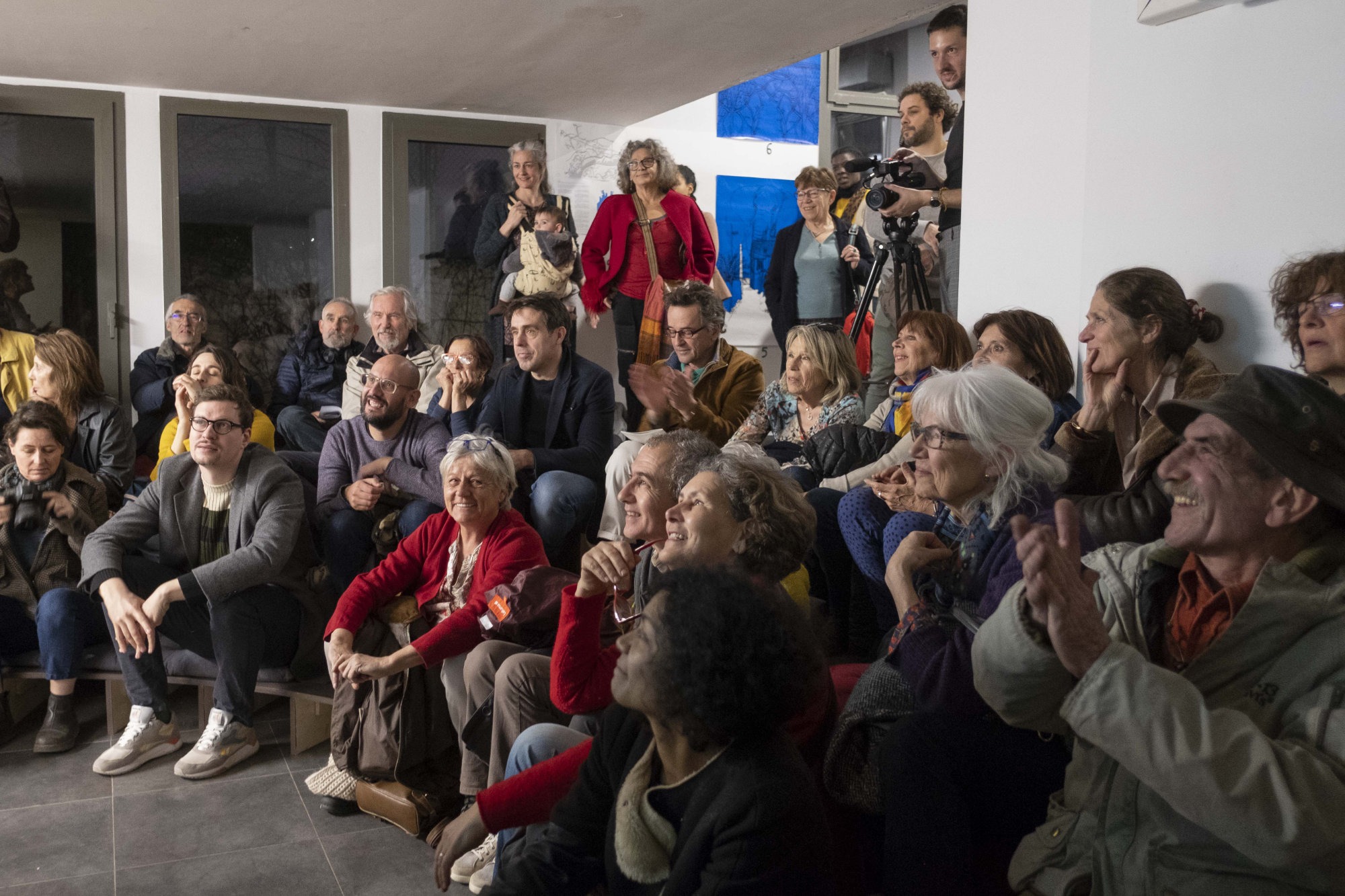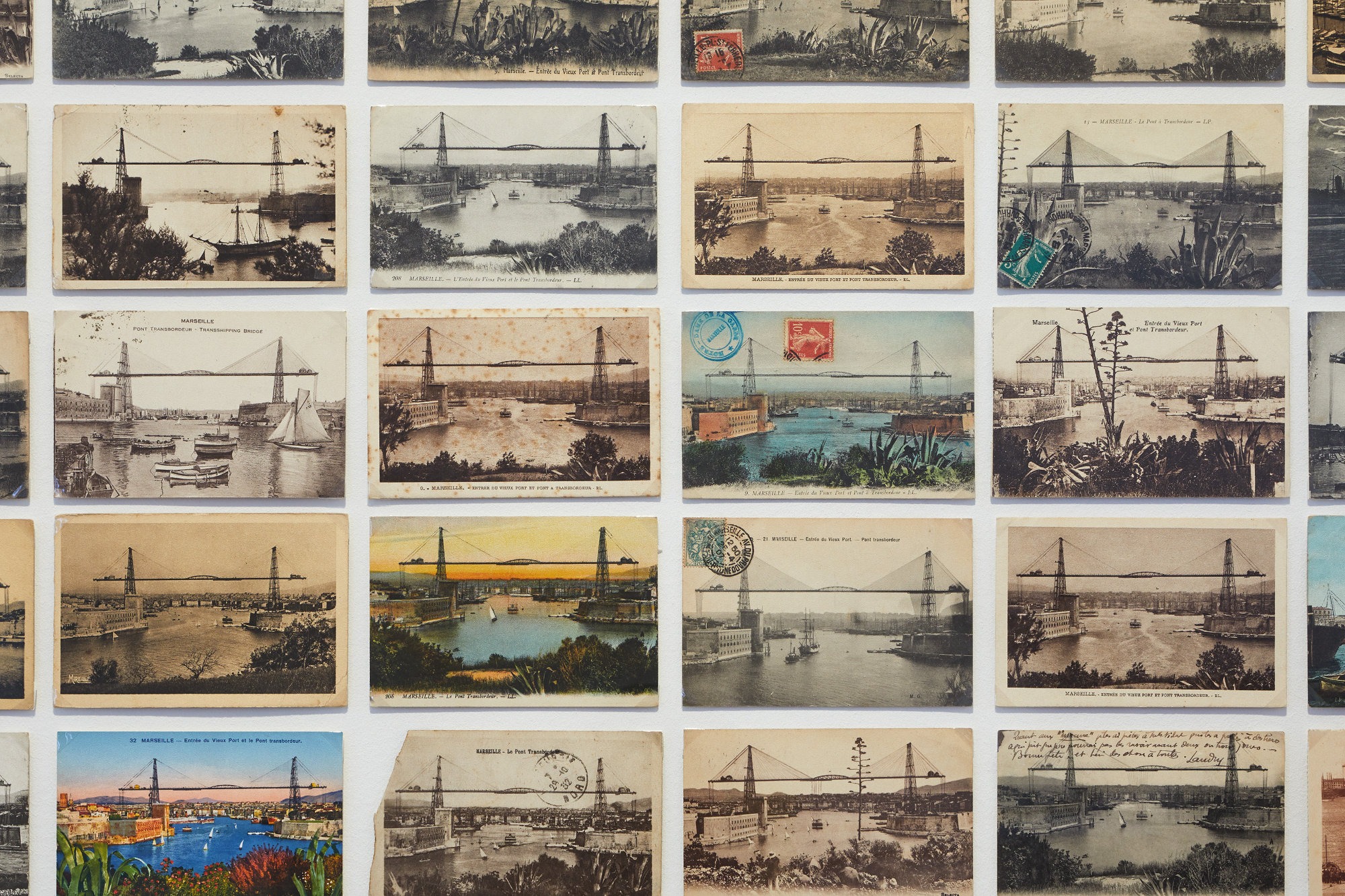Manifesta 13 Marseille
28 Aug - 29 Nov 2020
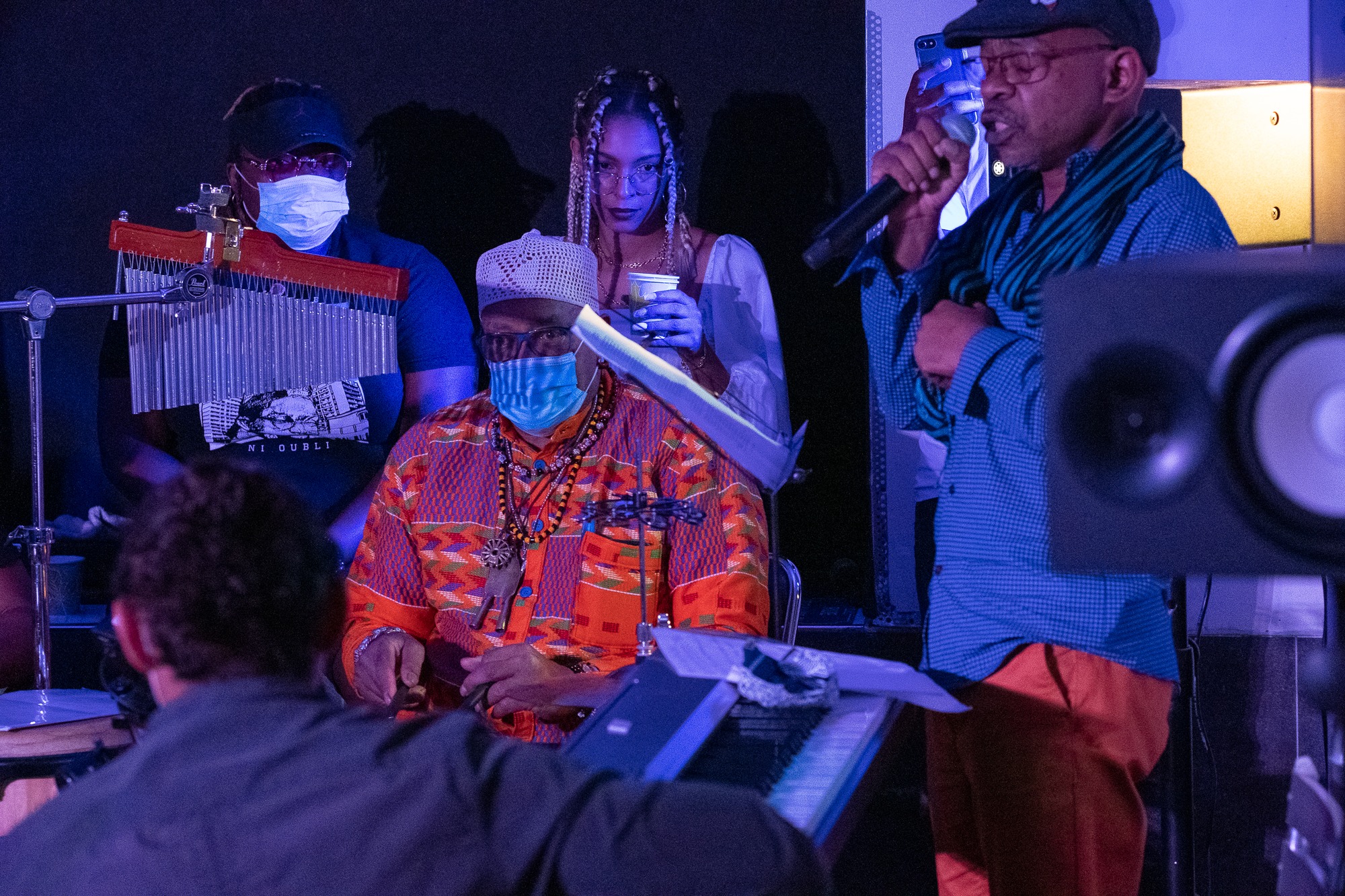
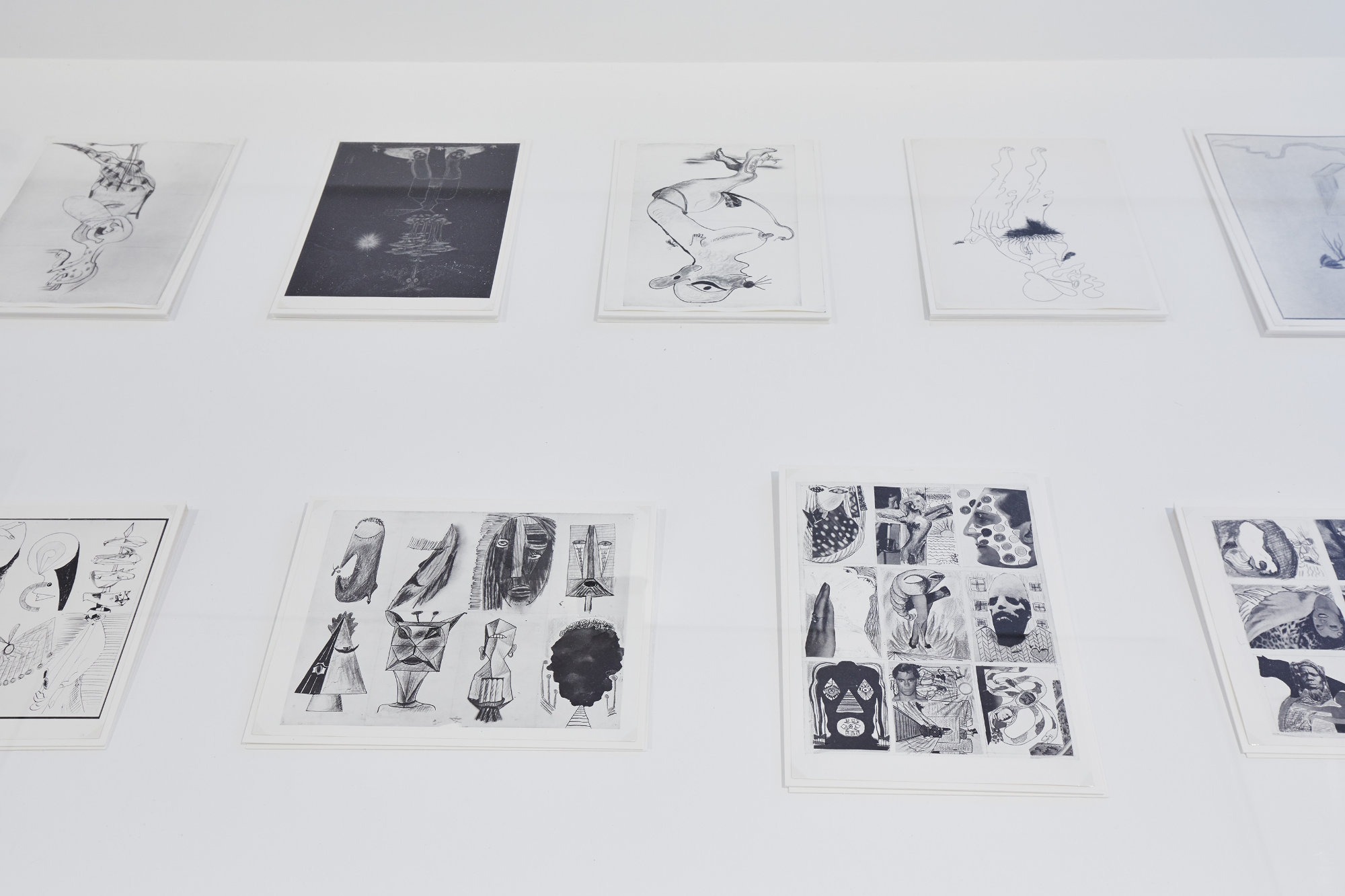
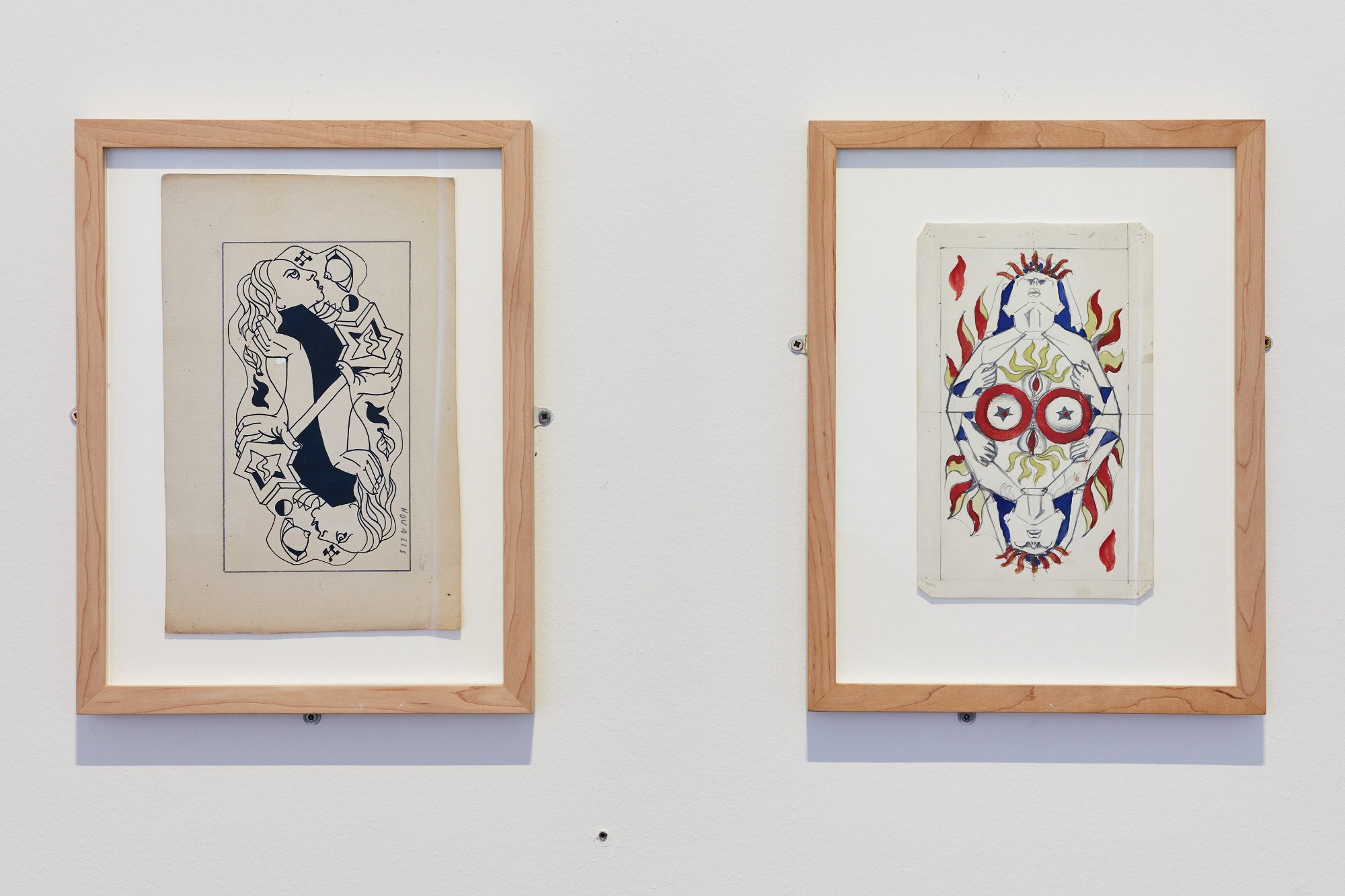
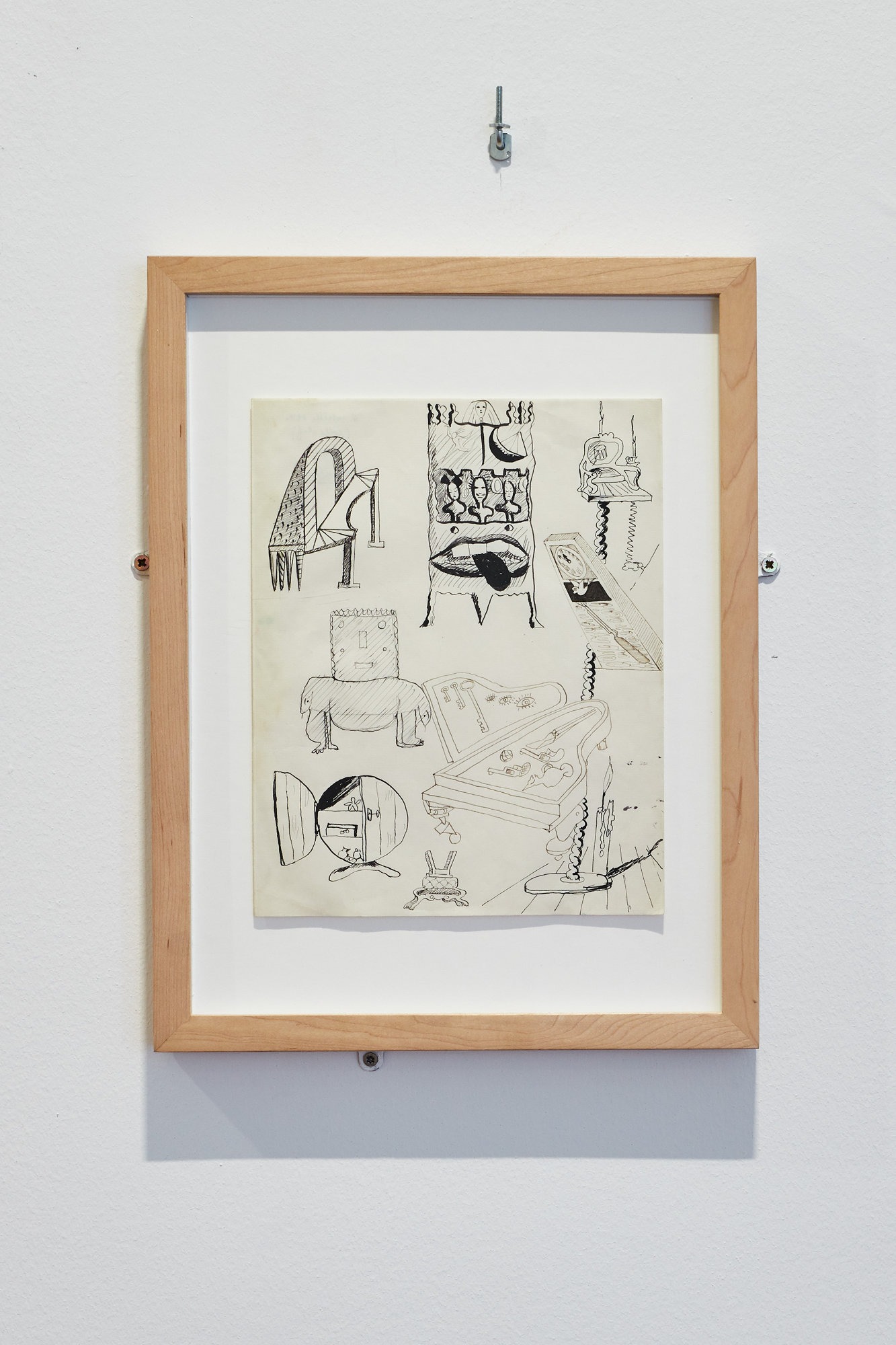
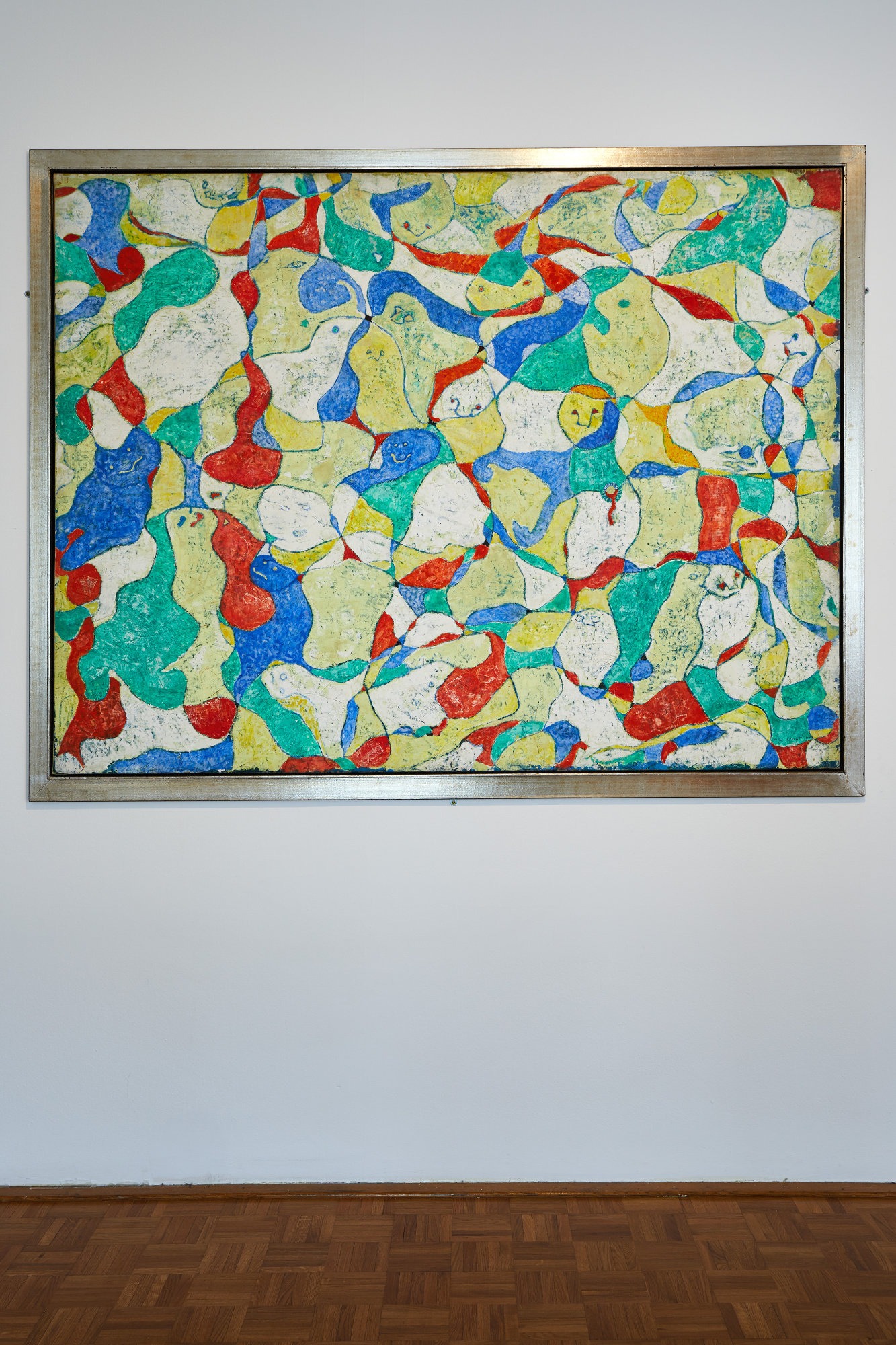
Marseille 2020
Traits d’union.s
The Artistic Team (Katerina Chuchalina, Stefan Kalmár, Alya Sebti) of Manifesta 13 Marseille’s central exhibition Traits d’union.s announces its 46 participants and an exhibition devised into 6 plots: The Home, The Refuge, The Almshouse, The Port, The Park and The School. These plots will open successively from the 28th of August until 9th of October, after which they will be on view concurrently until the 29th of November 2020.
Marseille is marked by endless transit. It is a continuous site of arrival and departure, providing space for escape and sanctuary. At the same time, Marseille epitomises resistance and has always offered unique moments of tension. Marseille is an exceptional city within the European matrix: the ultimate unresolved city – in perpetual motion, revolving around multiple centres, historic and informal. Marseille’s infinite histories, biographies and stories inform its lenticular existence. Marseille resists any linear categorisation. Marseille has no single identity.
Traits d’union.s proposes new alliances and rehearses new forms of collectivity, within and across Marseille’s existing cultural institutions: By introducing different voices, the artistic team activates the possibilities that these institutions might still hold, temporarily expanding their narratives outwards and inwards, giving way to a more permeable, more open, and more vulnerable conditions.
The exhibition thus proposes new forms of publicness which may leave these institutions better equipped to speak to some of the challenges of the 21st Century:
"We never thought of Manifesta 13 Marseille as a ‘full stop,’ but always as a hyphen, or rather hyphens – as traits d’union.s – a gesture of bringing together. Yet, we find ourselves in a situation where reality amplifies, indeed exhilarates some of our underlying thoughts, dreams and nightmares. Suddenly with all the predicaments of our present moment, you realise the urgency with which art can speak to the uncertainty of our times."
The Artistic Team of Manifesta 13 Marseille: Katerina Chuchalina, chief curator V-A-C Foundation, Moscow; Stefan Kalmár, director ICA, London and Alya Sebti, director ifa gallery, Berlin.
Traits d’union.s Plots and Participants
—
The Home: Rentals, Experiences, Places
Venues: Musée Grobet-Labadié
Off-site locations: Cité Radieuse, Bel Horizon
28 August – 29 November 2020
Housing is a major global challenge. For many, it has become increasingly difficult to even have a safe place to live, and virtually impossible to find or own a home. In the age of worldwide mass migration and displacement caused by climate change, war, totalitarian regimes and racism as well as by pollution, urban development and gentrification on a local level, having a home – or just a safe place – is the precondition for rehearsing new forms of communality, equality, dignity, care and love.
In Marseille, traces of the current global and local housing crisis are strikingly present. In recent decades, numerous local associations have campaigned and worked for better living conditions as well as social, cultural and legal rights for migrants. Thus, in Marseille, as well as across the world, the concept of home has been uprooted at the crossroads between displacement and belonging, between nightmares and dreams.
Participants: Black Quantum Futurism* (Collective, US), Martine Derain* (1960, FR), Lukas Duwenhögger (1956, DE), Jana Euler (1982, DE), Ken Okiishi* (1968, US), Cameron Rowland (1988, US), Reena Spaulings (Collective, US), Arseny Zhilyaev* (1984, RU).
—
The Refuge: Waiting for New Beginnings
Venue: Musée Cantini
11 September – 29 November 2020
Following the Nazi occupation of France in 1940, communists, jews, members of the resistance, and some of the 20th century’s most prominent artists and thinkers, (Wifredo Lam, Jacqueline Lamba, Victor Serge, Anna Seghers, Hannah Arendt, André Breton, Claude Lévi-Strauss, Marcel Duchamp) sought refuge at a local chateau: Villa Air-Bel, run by the American diplomat Varian Fry. Today, barely anything remains of this former wartime sanctuary, no monuments or reminders. Villa Air-Bel was a safe haven where individuals united in their uncertainty could meet. Suspended in time, they collectively engaged in plays and artistic experiments as a way of dealing with their bleak realities while they awaited their escape to the Americas.
Tracing the migration of forms in everyday objects, The Refuge draws on the delineations between art in public space and art in private lives, between fine arts and decorative arts, between scholarly and popular culture. It suggests perspectives in which art history and contemporary vernacular urban culture can meet on street level. The Refuge is a reminder that the very notion of originality has always been used to devalue and exclude the Other, and that in moments of great uncertainty, such narratives can change course quickly.
With historical works by: André Breton (1896-1966, FR), Anita Conti (1899-1997, FR), Frédéric Delanglade (1907-1970, FR), Oscar Dominguez (1906-1957, FR), Max Ernst (1891-1976, DE/FR), Florence Henri (1893-1982, US), Jacques Hérold (1910-1987, RO), Germaine Krull (1897-1985, DE/FR/NL), Wifredo Lam (1902-1982, CU), Jacqueline Lamba (1910-1933, FR), Ergy Landau (1896-1967, HU/FR), Bovis Marcel (1904-1997, FR), André Masson (1896-1987, FR), László Moholy-Nagy (1895-1946, HU/US), George Platt Lynes (1907-1955, US), Théodore Louis Auguste Rivière (1857-1912, FR).
The Almshouse: The Odd, The Poetic and The Possible
Venue: Centre de la Vieille Charité
11 September – 29 November 2020
Marseille has been formed and informed by a complex history of immigration and migration, departures and arrivals. The Almshouse: The Odd, The Poetic and The Possible looks and, more importantly, listens to Marseille’s multi-layered linguistic landscape. It explores Marseille’s complex culture of different languages and their often competing narratives: the unexpected breaks and occasional poetic connections between “foreign” and “local” languages, the dialects that form and inform the multiple identities of Marseille.
The Almshouse remembers modernity’s history of psychiatric institutions, its relationship to social, political and mental alienation as well as the right to madness. Much like language itself, La Vieille Charité has historically fulfilled multiple confining functions including that of an almshouse, an asylum, a hospital and a cloister. Today, it houses several museums.
Participants: Hannah Black* (1981, GB), Anna Boghiguian* (1946, EG), Aoziz* (Béatrice Pedraza, Ludovic Mohamed Zahed, Andrew Graham) (Collective, GB / FR), Judith Scott (1943-2005, US), Dennis Cooper and Gisèle Vienne (1953, US / 1976 FR, AT), Pauline Curnier Jardin (1980, FR), Lionel Soukaz (1953, FR), Reena
Spaulings (Collective, US).
With historical works by: André Acquart (1922-2016, FR), Antonin Artaud (1896-1948, FR), Roland Barthes (1915-1980, FR), Georges Bataille (1897-1962, FR), Pierre Guyotat (1940-2020, FR), Arthur Rimbaud (1854-1891, FR), Hélène Smith (1861-1929, CH).
The Port: Where Histories Lie
Venue: Musée d’Histoire de Marseille
Off-site location: Centre Bourse
11 September – 29 November 2020
This museum is a singular space, nestled between a shopping centre and the garden of vestiges, between the Old Port and the Belsunce neighbourhood. Neither here nor there, it is a space in-between antiquity and a Nike store, in-between preservation and consumption, a space where 2600 years of stories unfold and are told, retracing the crossroads of cultural and urban policies. Cities are spaces of conflict, negotiation, agreement or arrest. Shared public memories have rightly become a contested territory in the tracing and recovery of stories left untold.
Participants: Yassine Balbzioui* (1972, MA), Samia Henni* (1980, DZ), Sara Ouhaddou* (1986, FR/MA).
—
The Park: Becoming a Body of Water
Venues: Musée des Beaux-Arts, Muséum d’histoire naturelle,
Consignes Sanitaires
25 September – 29 November 2020
Citerne des Moulins
9 October - 29 November 2020
The Park: Becoming a Body of Water takes the fountains flanked by two interconnected museums – the musée des Beaux-Arts de Marseille and the muséum d’histoire naturelle – as a symbol of transformation and interconnectedness. Epistemologies of “the south” thus become infused with forms of collective action. The Park investigates the ideological binaries between nature and culture contained in both museums and proposes new interrelations between humans, as well as between humans and other living creatures, celebrating more fluid identities and their bodily alliances of resistance.
Participants: Minia Biabiany (1988, FR), Center for Creative Ecologies* (Isabelle Carbonell, Hannah Meszaros Martin, T. J. Demos) (Collective, US), Ali Cherri* (1976, LB), Peter Fend* (1950, US), Mathieu Kleyebe Abonnenc (1977, GF), Amy Lien & Enzo Camacho* (1987, US / 1985, PH) (Citerne des Moulins), Reena Spaulings (Collective, US).
—
The School: The Sonorous, The Audible, and The Silenced
Venue: Le Conservatoire National à Rayonnement Régional
9th of October - 29th of November 2020
For two centuries, The Palace of Arts has been home to many of the city’s educational and cultural institutions: museums, libraries, archives, ballets and now a music school. Throughout the building, rehearsals can be heard coming from different rooms and resonating through its walls—at times clearly audible, at others silenced. The School: The Sonorous, The Audible and The Silenced unfolds throughout the neo-classic architecture encapsulating some of its previous functions. Simultaneously charged with the potentialities of all these elements, it is a multi-layered sonic space where works in progress are paralleled by the performance of ostensible virtuosity, underscoring the historical and ideological tensions between the soloist, the orchestra and the conductor.
Participants: Yalda Afsah* (1983, DE), Mounir Ayache* (1991, FR), Mohamed Bourouissa* (1978, DZ/FR), Julien Creuzet* (1986, FR), Benjamin de Burca & Barbara Wagner* (1975, DE / 1980, BR), Ymane Fakhir* (1969, MA), Tuan Andrew Nguyen* (1976, VN), Reena Spaulings (Collective, US).
From the 11th of September: Calla Henkel & Max Pitegoff* (1988, US / 1987, US), Philippe Pujol* (1975, FR), Sara Sadik* (1994, FR).
Full list of participants:
(*participants who will present newly conceived works for Manifesta 13 Marseille)
André Acquart, 1922-2016, FR
Yalda Afsah *, 1983, DE
Antonin Artaud, 1896 - 1948, FR
Aoziz *, (Béatrice Pedraza, Ludovic Mohamed Zahed, Andrew Graham) Collective, GB / FR
Mounir Ayache *, 1991, FR
Yassine Balbzioui *, 1972, MA
Georges Bataille, 1897-1962, FR
Roland Barthes, 1915-1980, FR
James Benning, 1942, US
Minia Biabiany, 1988, FR
Black Quantum Futurism * Collective, US
Hannah Black *, 1981, GB
Anna Boghiguian *, 1946, EG
Mohamed Bourouissa , 1978, DZ/FR
Benjamin de Burca & Barbara Wagner *, 1975, DE / 1980, BR
Center for Creative Ecologies *, (Isabelle Carbonell, Hannah Meszaros Martin, T. J. Demos) Collective, US
Marc Camille Chaimowicz *, 1947, FR
Ali Cherri *, 1976, LB
Dennis Cooper and Zac Farley, 1953, US / 1988 FR, US
Dennis Cooper and Gisèle Vienne, 1953, US / 1976 FR, AT
Julien Creuzet *, 1986, FR
Pauline Curnier Jardin, 1980, FR
Martine Derain *, 1960, FR
Lukas Duwenhögger, 1956, DE
Jana Euler, 1982, DE
Ymane Fakhir *, 1969, MA
Peter Fend *, 1950, US
Pierre Guyotat, 1940-2020, FR
Samia Henni *, 1980, DZ
Stine Marie Jacobsen *, 1977, DK
Lynn Marie Kirby, 1952, US
Mathieu Kleyebe Abonnenc, 1977, GF
Amy Lien & Enzo Camacho *, 1987, US / 1985, PH
Calla Henkel & Max Pitegoff *, 1988, US / 1987, US
Trinh T. Minh-ha, 1952, VN
Tuan Andrew Nguyen *, 1976, VN
Ken Okiishi *, 1968, US
Sara Ouhaddou *, 1986, FR/MA
Philippe Pujol *, 1975, FR
Arthur Rimbaud, 1854-1891, FR
Cameron Rowland, 1988, US
Sara Sadik *, 1994, FR
Judith Scott, 1943-2005, US
Hélène Smit, 1861-1929, CH
Lionel Soukaz, 1953, FR
Reena Spaulings Collective, US
Arseny Zhilyaev *, 1984, RU

